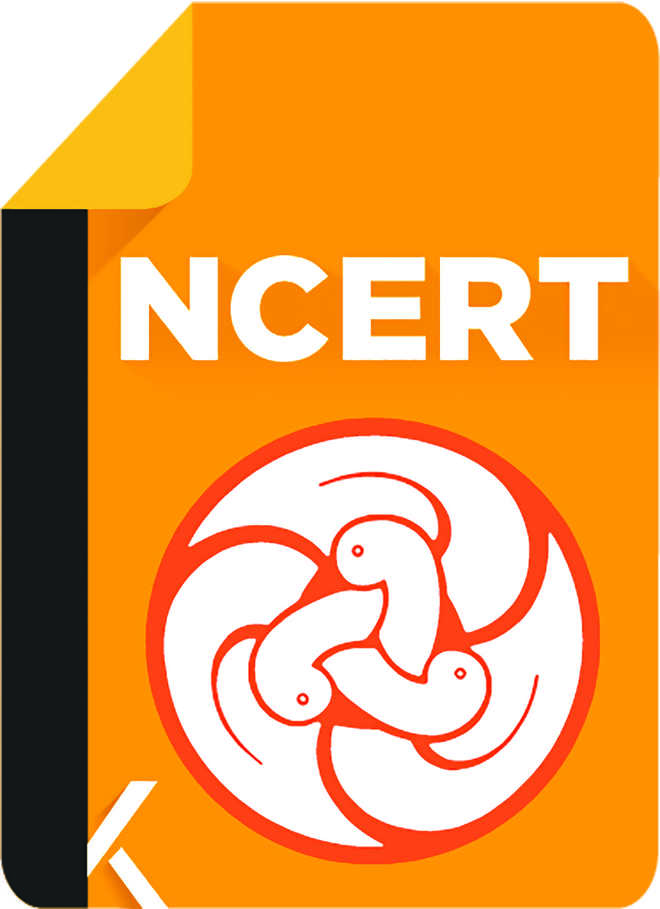
Chapters on Democracy, Periodic Table, Sources of Energy Deleted from Class 10 Textbooks
Manas Dasgupta
NEW DELHI, June 1: Has democracy become “irrelevant or outdated in the present context?” The question has been raised after an entire chapter on “Democratic politics” was deleted from Class 10 textbook published by the National Council of Educational Research and Training (NCERT) for the new academic year.
The NCERT had undertaken the exercise last year for “rationalisation” of government-issued textbooks to reduce the burden on the students. The rationalisation process for which the NCERT had roped in 25 external experts, drawn from the faculty of Delhi University, ICHR, various Kendriya Vidyalayas and private schools apart from its in-house experts, was to reduce the burden of studies on the child in light of the coronavirus pandemic.
The factors cited by the NCERT behind the deletions of chapters include content which are “overlapping”, “not relevant or outdated in the present context”, “difficult”, “easily accessible to children and can be learned through self-learning or peer-learning.”
The syllabus earlier included a topic on “Democratic Politics” with three chapters, chapter 5 “Popular Struggles and Movements,” Chapter 6 (Political Parties) and Chapter 8 “Challenges to Democracy.” The entire topic now stands deleted from the class 10 textbook.
Several other important changes have also rocked the academic world. Besides democracy, the periodic table and sources of energy will also not be part of curriculum any more.
The removal of the theory of evolution from the Class 10 curriculum stoked significant concern earlier this year. The newly released textbooks by the NCERT have revealed further cuts, including the chapter on the periodic table. Scientists have pointed out that the periodic table was one of the greatest intellectual achievements of chemists as it explained how life’s building blocks combine to generate substances with vastly different properties.
Among the topics dropped from the science textbook are also chapters on environmental sustainability and sources of energy. Students, though, can still learn about these subjects, but only if they opt for the relevant subject in Class 11 and Class 12. The Class 11 chapter on the topic periodic table remains part of the syllabus.
The chapter on ‘Classification in Elements and Periodicity in Properties’ in NCERT’s Class 11 Chemistry textbook begins with the words: “The Periodic Table is arguably the most important concept in chemistry, both in principle and in practice….An awareness of the Periodic Table is essential to anyone who wishes to disentangle the world and see how it is built up from the fundamental building blocks of the chemistry, the chemical elements.” Yet, a full chapter, which introduces students to the topic, has been removed from NCERT’s Class 10 Science textbook as part of the council’s “rationalisation” exercise.
In India, Class 10 is the last year in which science is taught as a compulsory subject. Only students who elect to study chemistry in the final two years of education (before university) will now learn about the periodic table.
Earlier this year, the NCERT had come under fire for dropping the theory of evolution from the Class 10 science textbook. More than 1,800 scientists and educators had written an open letter expressing concern over the rationalisation exercise. The government, however, rejected all the criticism as “propaganda.” The Minister of State for Education Subhas Sarkar had said, “Due to Covid-19, rationalisation of courses was going on, to reduce the burden of studies on the child. If a child wants to study, Darwin’s Theory is available on all websites. In Class 12, there is already Darwin’s Theory in the syllabus so there should not be such false propaganda.” ‘Evolution’, including the Darwininian theory on natural selection, remains a part of the school curriculum as NCERT’s Class 12 Biology textbook has a full chapter on the subject.
Among other topics which have been spiked from Science textbooks include chapters on Fibre and Fabrics in Classes 6, 7 and 8.
The Class 6 chapter on the topic had a reference on Mahatma Gandhi in the context of Charkha. “Another hand operated device for spinning is charkha. Use of charkha was popularised by Mahatma Gandhi as part of the Independence movement. He encouraged people to wear clothes made of homespun yarn and shun imported cloth made in the mills of Britain,” it said.
Another deletion that stands out is of the chapter “Why do we fall ill” from Class 9 Science textbook. Ironically, the chapter introduces students to viruses and air-borne diseases such as Covid-19, citing which the rationalisation exercise was carried out by the NCERT.
“Such disease-causing microbes can spread through the air. This occurs through the little droplets thrown out by an infected person who sneezes or coughs. Someone standing close by can breathe in these droplets, and the microbes get a chance to start a new infection. Examples of such diseases spread through the air are the common cold, coronavirus disease (Covid-19), pneumonia and tuberculosis,” read a paragraph in the chapter which was updated after the pandemic broke out. But the entire chapter has now been axed citing the need to reduce content load due to disruptions in learning caused by Covid-19.
The deletion from the Class 10 textbooks was made by the NCERT in June 2022 and the new textbooks with the deleted chapters hit the market now.













